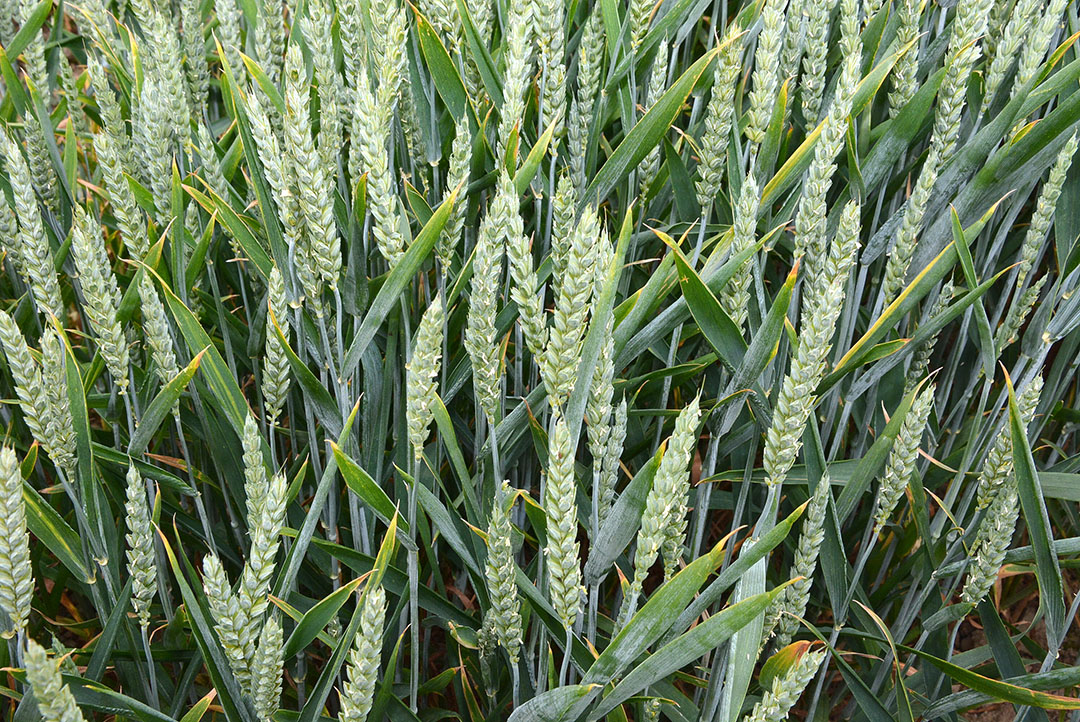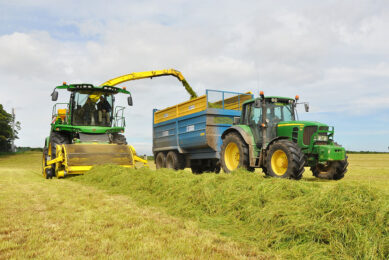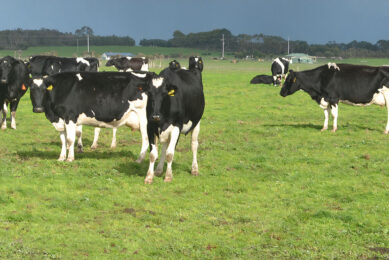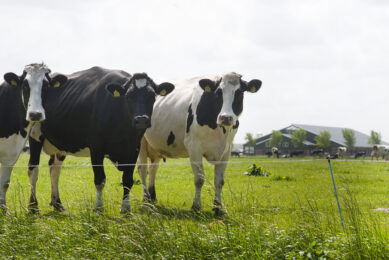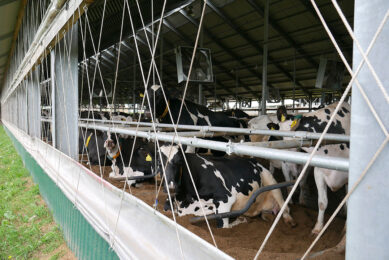Global food security compromised by Russia’s invasion of Ukraine
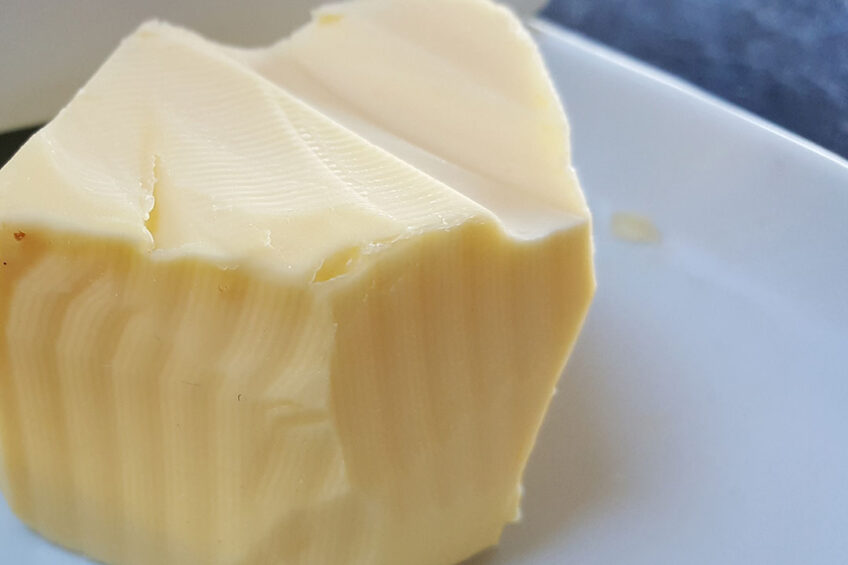
Ukraine is universally regarded as the breadbasket of Europe, producing 12% of global wheat exports, 16% of corn and 18% of barley exports. Since Russia started its war in Ukraine the major export hubs for grain exports at the Black Sea have been cut off, sending food and energy prices across the world in a frenzy.
With more global sanctions being piled on Russia, its economy has crashed, companies are pulling out in droves and it is becoming very isolated. In order to sustain its own food requirements Ukraine has announced a ban on exports of wheat, oats, millet, buckwheat, sugar, live cattle, and meat, as well as other by-products from cattle.
Ukraine’s Minister of Agrarian Policy and Food, Roman Leshchenko, said: “In order to prevent the humanitarian crisis in Ukraine, market stability and meet the needs of the population in critical food products, the government has established new rules for the export of agricultural goods.”
Dairy trade – Russia
In terms of dairy trade, the war won’t affect dairy markets in the UK and EU from the Russian perspective due to trading sanctions already imposed.
The UK’s Agriculture and Horticulture Development Board (AHDB), said: “The impact of the ongoing conflict in Ukraine with Russia will have little direct impact on UK or EU dairy markets. Most western nations, including the EU-27 and the UK, have been banned from trading dairy products, as well as many other agricultural products, with Russia since 2014 when Russia annexed Crimea. Russia now trades almost exclusively with Belarus, responsible for 85% of total Russian dairy imports.”
Dairy trade – Ukraine
Ukraine, on the other hand, does trade dairy with the EU and these movements will be impacted.
AHDB said: “Meanwhile, Ukraine is more reliant on the EU-27 for its dairy imports, although it also imports a significant volume from Belarus. Across all product categories, Belarus accounts for 23% of total Ukrainian dairy imports with the EU-27 making up 76%. Poland and Germany are the key suppliers, with most trade in cheese. The UK does minimal trade with Ukraine, exporting less than 300 tonnes of dairy product in 2021.”
Although the EU-27 is the source of the majority of dairy products imported to Ukraine, it equates to only 1.6% of the EU-27’s external dairy export volumes.
Direct disruption minimal
AHDB added: “This means any direct disruption to dairy markets should be minimal, and whilst global dairy supplies remain tight, it is likely any displaced product will easily find a new market destination.”
Dairy farmers continue to send their milk to the processors in Ukraine as long as the milk tankers can get through. Many processors are sending the dairy products to Ukraine’s army.
With food prices increasing higher than the rates of inflation, all focus for governments will be to try and end the war in Ukraine as fast as possible.
Although supply problems for wheat have not risen yet, prices have surged by over 55% since the war started. The main concern is if the farmers in Ukraine can actually get onto their land to sow seeds at the end of March and if they have the key resources to do so.
